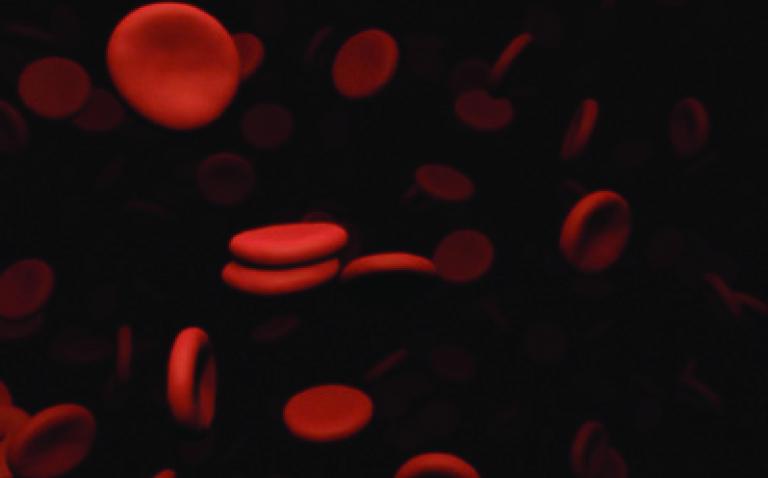The UK government’s advisers on medicine knew that patients were at risk of contracting AIDS from imported blood products as early as 1983, but ruled against a ban because of fears it would cause a shortage of supply. Minutes of a meeting held on 13 July 1983 reveal that the Committee on Safety of Medicines (CSM) knew that “patients who repeatedly receive blood clotting-factor concentrates appear to be at risk” of AIDS.
They also knew that the risks were highest if the blood products came “from the blood of homosexual and IV drug users in areas of high incidence, eg, New York and California” and for those who repeatedly received high doses of the blood plasma products. Despite this, the committee ruled that the risk of contracting AIDS had to be balanced against the “life-saving” benefits of their use to haemophiliacs. They also argued that withdrawing the blood products was “not feasible on the grounds of supply”.
British patients with the rare inherited condition in which blood does not clot normally were not told of the risks. Critics say they would have preferred to carry on receiving their previous treatment, called cryoprecipitate, manufactured in the UK from single donors, even though it meant going to hospital. Nearly 5,000 people were infected with hepatitis C; of these 1,200 contracted HIV after receiving the imported plasma product in the late 1970s and early to mid 1980s. A total of 1,757 patients have died and many are terminally ill following a scandal that the Labour peer Lord Winston has dubbed “the worst treatment disaster in the history of the NHS”. The revelations are contained in documents obtained by campaigners as part of the public inquiry into the haemophilia affair, which took emotional evidence from victims yesterday.










